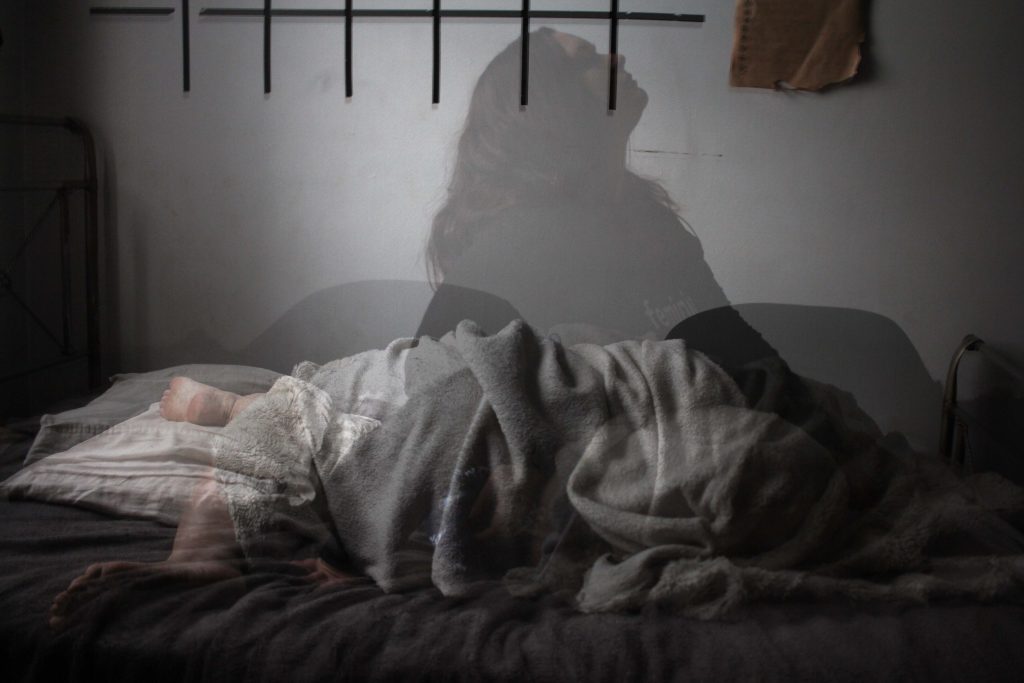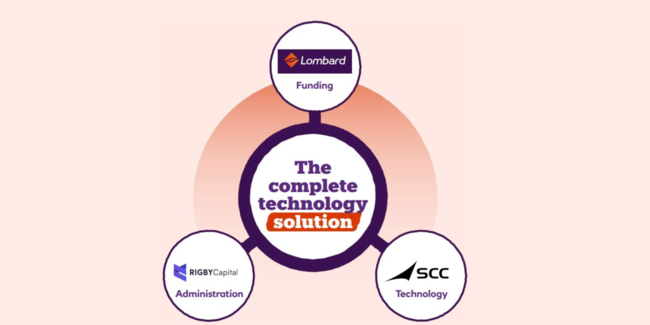Debt isn’t just a financial burden — it’s a mental and emotional one as well. A growing body of research has demonstrated the pernicious impact of debt on mental well-being, with a specific focus on how financial distress contributes to sleep disorders like insomnia. The repercussions are severe: poor sleep has been associated with a multitude of physical and mental health issues, including heart disease and depression.
BadCredit.org commissioned a study in September 2023 on the extent to which debt causes insomnia. They surveyed 3,000 respondents to ascertain the number of people who say their debt (excluding mortgages) causes them insomnia, and combined this data with figures on insufficient sleep from County Health Rankings. This enabled them to identify which states and counties in the U.S. are most affected.

The study revealed that Hawaii residents’ sleep patterns are most affected by debt. Here, 28% of Hawaii respondents — or 410,410 people — said they suffer from insomnia because of concern over their debt. They were followed by respondents in West Virginia (26%), Rhode Island, and Idaho (23% each).
Here’s a closer look at the top 10 states where debt is seemingly robbing people of their peaceful slumber:
#1 Hawaii: 28%
#2 West Virginia: 26%
#3 Rhode Island: 23%
#4 Idaho: 23%
#5 Kansas: 22%
#6 Connecticut: 21%
#7 Arizona: 21%
#8 South Carolina: 21%
#9 New Jersey: 21%
#10 Maine: 21%
In stark contrast, Vermont emerged as a relative haven, with just 9% of its populace reporting debt-related sleep disturbances.
Interactive map showing debt-related insomnia across America.
The troubling interplay between debt and sleep is more than just numbers; it’s about real people facing real challenges. The persistent anxiety surrounding debt management, particularly when it spirals out of control, can trigger a cascade of mental health issues, including anxiety and depression.
Over time, this chronic stress can morph into physical ailments such as headaches, muscle tension, heart conditions, and sleep disturbances. This vicious cycle of deteriorating mental and physical health makes climbing out of the debt pit even more daunting.
BadCredit.org has come up with five ways to address debt-related insomnia:
1. Proactively Address Your Debt
Ignoring debt only prolongs financial stress. Take a detailed inventory of all you owe, including the interest rates and minimum payments, and understand that resources are available to assist in working toward a debt-free future.
2. Prioritize Your Debts
Having a clear understanding of your debts helps in deciding which ones to tackle first. By at least paying the minimum on each debt and using extra funds to aggressively pay off one debt at a time, you can create a manageable plan, whether it’s targeting the debts with the highest interest rate or the smallest balance first.
3. Establish a Budget
Budgeting can be empowering, especially during financial stress. It’s a plan that shows where your money goes, helping you cut back on non-essential spending or identifying areas where additional income or cost-cutting is needed.
4. Consult with a Financial Advisor
Engaging with a nonprofit credit counselor can provide valuable insights on managing your debt. Depending on your financial scenario, a credit counselor can assist in budget creation and debt prioritization and may suggest a debt management plan (DMP).
5. Explore Debt Consolidation
If suitable for your financial standing, consolidating your debts could simplify your payments and potentially lower your interest rates. But be cautious as improper management of a consolidation loan could worsen your debt situation.
6. Communicate with Your Lenders
In times of financial strain, consider discussing your situation with your lenders early on. They may offer solutions like hardship programs or reduced monthly payments, helping you navigate financial challenges while exploring long-term resolutions.






